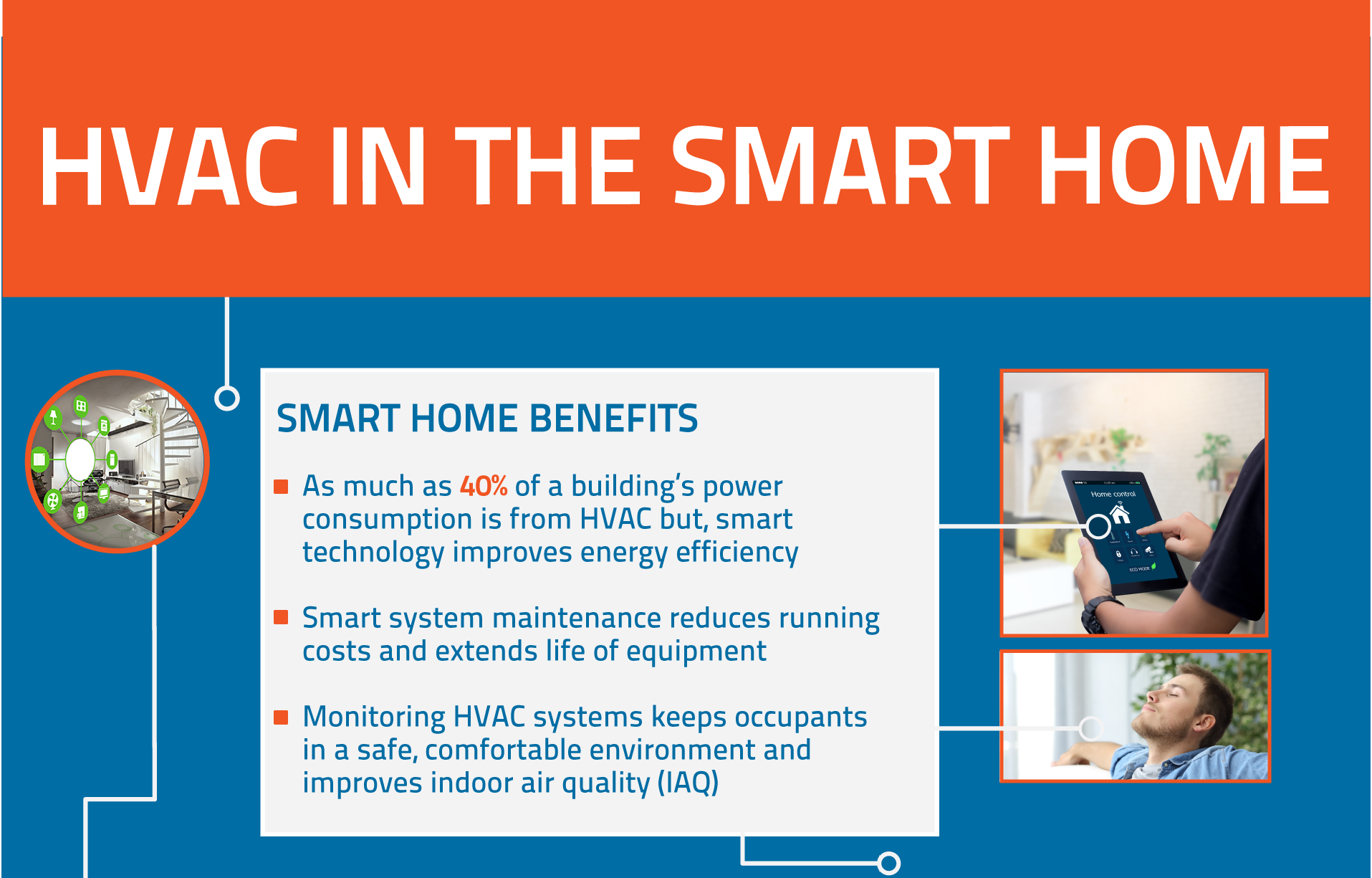Heat Pump Vs Furnace - Which Is The Better Home Heating Option For Your Home?
Heat Pump Vs Furnace - Which Is The Better Home Heating Option For Your Home?
Blog Article
Article Author-Huff Rose
Numerous home owners know with furnaces, which heat homes with oil or gas and push hot air with ductwork. They are fairly low-cost and can give trustworthy heating even throughout a winter months power interruption.
However, they use nonrenewable fuel sources and generate carbon monoxide gas and various other air contamination. They likewise aren't as energy-efficient as a high-efficiency heatpump.
Expense
Typically, heat pumps are extra affordable to run than heaters. They usually utilize electricity and cooling agent to remove heat from exterior air, and then transfer it right into your home. Web Site can take advantage of cheaper electricity prices throughout off-peak hours to additionally lower your home heating prices.
Unlike heatpump, gas or wood-burning furnaces use combustion to create warm, releasing flue gases into the ambience that can be unsafe to your health. These heating systems are likewise much less energy-efficient than heat pumps, and their greater operating expense can add up in time.
Heaters are more complex than heatpump and call for normal upkeep to guarantee the appropriate feature of all components. Despite this, they have a tendency to last longer than heatpump with a normal life expectancy of two decades or even more. Nonetheless, you'll need to factor in the price of gas, gas oil or wood and the added devices required for installation and procedure such as ducts and ventilation systems.
Energy Efficiency
Heat pumps have a higher energy effectiveness score than heaters. These systems utilize electrical power to feed on warm from the air, even in freezing temperatures. They can additionally remove excess warmth from the home during warmer months and reuse it to cool down the system. Service provider experts can aid you determine the best model for your home on climate and resource power prices.
Furnaces shed fuel oil, propane, natural gas or other sorts of fossil fuel to heat up the air in the home. This air is then dispersed through ductwork utilizing a huge fan. Heating systems create greenhouse gases and need routine upkeep and devices upgrades to ensure safe operation.
The biggest benefit of a heating system is that it can be operated even in rough winter season problems because it does not rely upon outdoor temperature levels to warm the air. Heaters also have a longer life expectancy than heat pumps and typically last 15 years. They can likewise be coupled with twin gas options, which select the most effective home heating alternative based upon the weather condition.
Environment
Heatpump function well in moderate environments and utilize less resource power than furnaces. However, if your area is extremely chilly, you may require to invest in a standard gas furnace instead.
Furnaces offer cozy, cozy warm and generally provide quick heating to elevate interior temperature levels. These systems can be utilized with a variety of fuel types, including natural gas, propane, oil or power.
https://www.dw.com/en/health-tips-how-to-stay-safe-in-a-heat-wave/a-61822226 consume much more energy than heat pumps-- up to 3x as much-- and need ductwork that's expensive to install or retrofit. They're likewise a lot more expensive to maintain, as they can trigger air high quality concerns and create greenhouse gas emissions.
If you're dedicated to minimizing your carbon footprint, a heatpump is a good selection for your home. They have fewer greenhouse gas discharges than heating systems, especially if you select an ENERGY STAR ® heat pump. Your neighborhood Provider expert can explain the differences between these two heating unit and help you make the very best choice for your distinct requirements.
Individual Preferences
Heaters can be extremely energy reliable when powered by gas, gas or oil, however they aren't as energy efficient as heatpump in frigid environments. They can also be a lot more expensive to set up, needing gas lines and air flow systems.
Nonetheless, heating systems tend to need less maintenance, which can cause lower recurring prices. They produce fewer greenhouse gases and are extra reliable than heatpump during extreme weather.
Electric heatpump are much more flexible in producing interior convenience since they can additionally work as air conditioning unit throughout warmer months. They can be more convenient to keep, calling for only routine air filter modifications and occasional vacuuming.
If you like the comfort of a solitary system that does it all, take into consideration a crossbreed home heating remedy that pairs a heating system with an electrical heatpump. These systems can immediately switch in between both home heating choices based upon your home's requirements and temperature level problems, making the most of performance and savings.